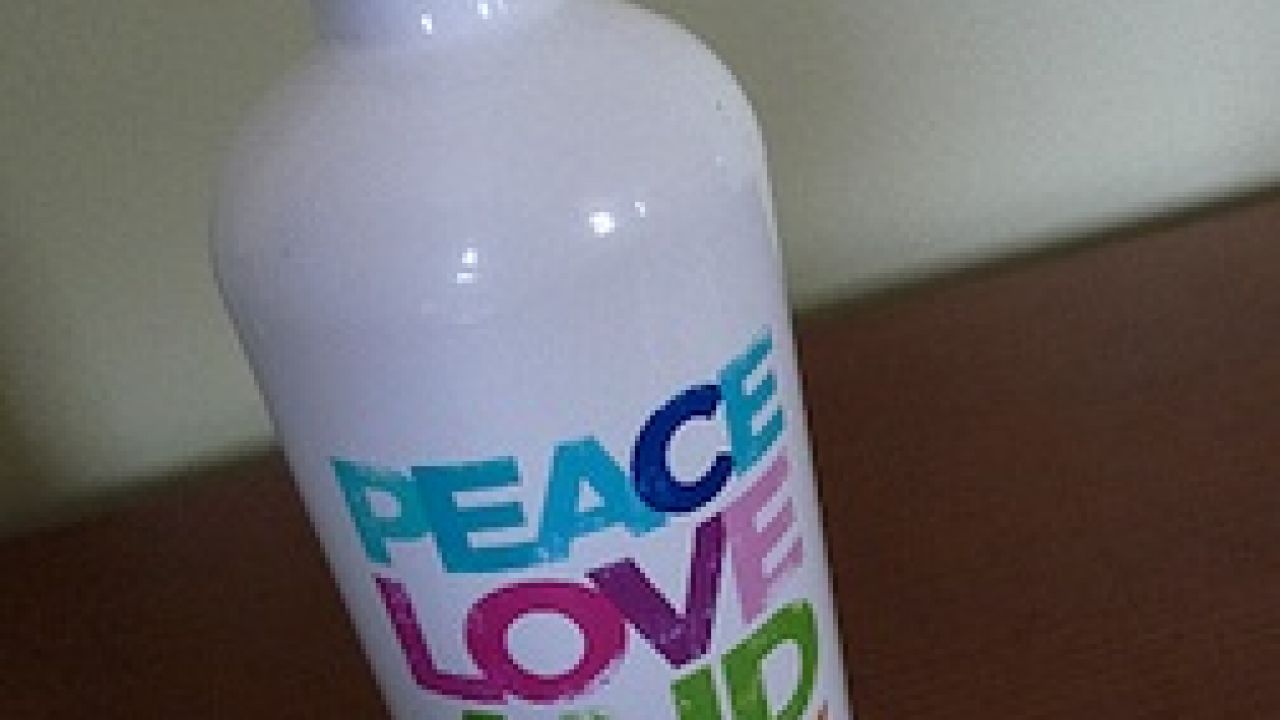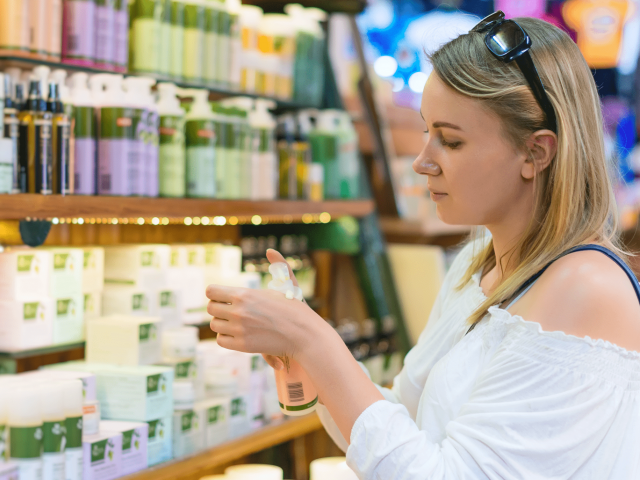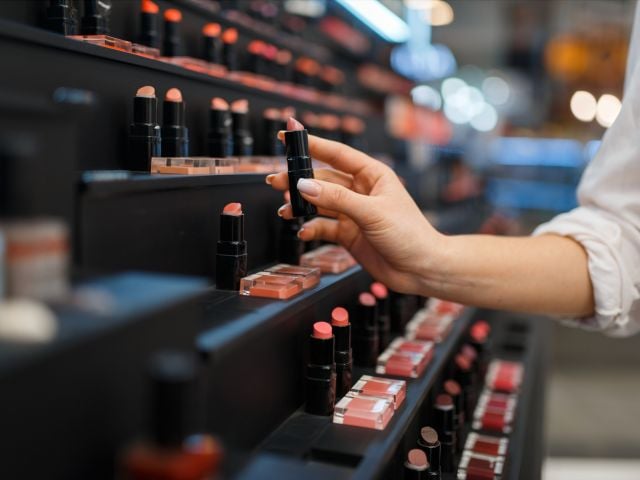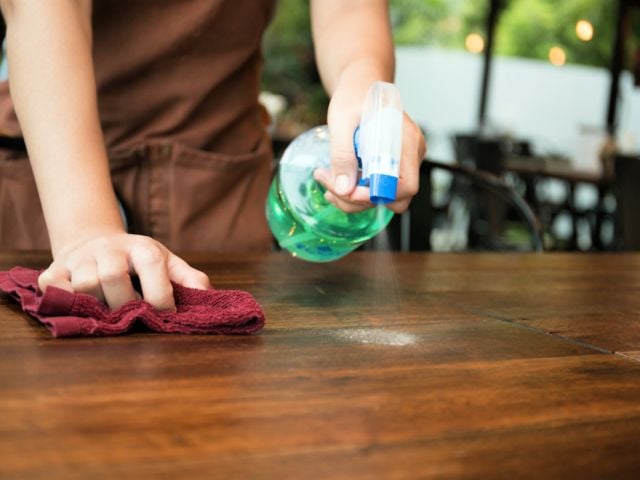
By Margot Pagan, EWG Summer Press Intern
Is your reusable water bottle aluminum? In an effort to be more sustainable and protect my health, I made the switch from plastic water bottles to my reliable metal bottle that I carry with me every day. I thought this switch was a positive change, which is why I'm a little concerned to read headlines that "Metal Water Bottles May Leach BPA." Just when I thought I was doing something good for my health and the environment, I learn otherwise. Just my luck!
Aluminum water bottles aren't just aluminum
The issue is that some aluminum water bottles aren't just aluminum - they're lined with a resin meant to prevent that bad aluminum taste in your water. Problem is, the resin is epoxy, and epoxy is made with bisphenol A, or BPA, which is a synthetic estrogen. The epoxy molecule is unstable. It comes apart and releases BPA readily into whatever it touches.
This new study from the University of Cincinnati College of Medicine has discovered that switching from polycarbonate to aluminum might not protect you from BPA exposure as well as you thought. Keep in mind - The U.S. Department of Health and Human Services has called for parents to take action to reduce their children's exposure to BPA. The chemical isn't healthy for any age group: it is linked to an alarming list of health conditions - breast and prostate cancer, diabetes and heart disease.
The study found that epoxy-lined aluminum bottles (including older SIGG bottles) leached BPA. But SIGG's new linings, made of a synthetic the company calls Ecocare did not emit the troublesome chemical. Stainless steel bottles, which are unlined, were also free of BPA.
BPA is an essential ingredient of polycarbonate, a hard, clear plastic ideal for safety glasses, safety helmets and computer and cell phone houses. Until a few years ago, Nalgene water bottles were made of polycarbonate. Like epoxy, polycarbonate is unstable and, experiments show, readily leaches BPA into surrounded liquids, even cold water. Nalgene, Camelbak and some other sports bottle makers moved to a non-BPA-based plastic called Tritan. The University of Cincinnati study found bottles made with Tritan did not emit BPA.
BPA leaching by the "worst" water bottles is still less than the amount you'd get from a serving of most canned foods but still important to consider since exposures add up.
The study also examined the effects of BPA on heart muscle cells and found that increasing exposure to this estrogen-like chemical can result in potentially deadly heart arrhythmias in rodents. This finding leads the group to suggest that heart arrhythmias could be an issue for women specifically, because they already have natural estrogen in their bodies.
Does the Claim "BPA Free" Mean Anything?
"BPA free" is not a defined and consistent term, noted the study's author Scott Belcher in an interview with Science News. For "BPA free" to have a useful meaning for consumers there should be regulations to limit its use, Belcher said.
Legislation to control BPA in food containers, especially those made for infants and children, is making its way through lawmaking bodies, with varying degrees of success.
In Maine, a bill to remove BPA from children's products became law without the signature of Gov. Paul LePage. Now Maine's Environmental Health Strategy Center is accusing LePage of foot-dragging and has petitioned the state Attorney General to force LePage to put the law into effect. LePage is famed for declaring that BPA is harmless, except that "some women may have little beards" if exposed to the chemical. (LePage confused it with another sex hormone, testosterone).
Meanwhile, in California, the state assembly is moving the Toxin-Free Infants and Toddlers Act, which would bar BPA in bottles or cups intended for infants or children three years of age or younger.
So what should you do to protect your health?
- Buy a glass or stainless steel bottle without an epoxy liner.
- Examine the inside of a bottle. A golden-orange coating indicates a material that can shed BPA, while a white coating doesn't. Contact the manufacturer to see if it has tested its product for BPA leaching.
- Don't put hot liquids in your water bottles.
Remember, BPA is most harmful during pregnancy and early childhood. Pregnant women, babies and children should take extra efforts to avoid BPA. Check out what EWG has been saying about kid-size Klean Kanteen bottles.
Buying a water bottle might seem like a simple purchase (it should be, right?), but doing your BPA research before you buy could grant you peace of mind that your bottle isn't leaching BPA.



